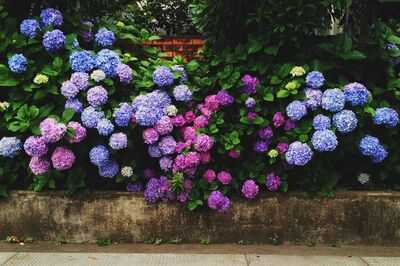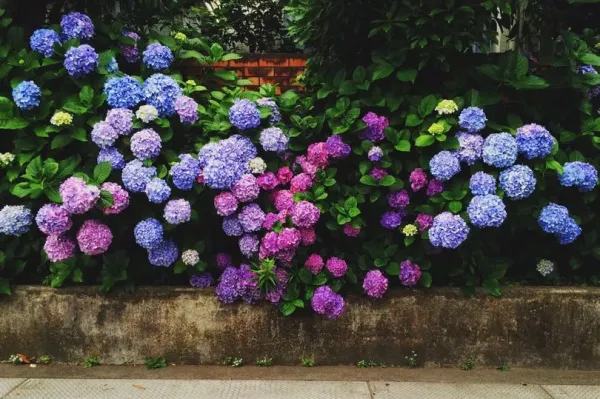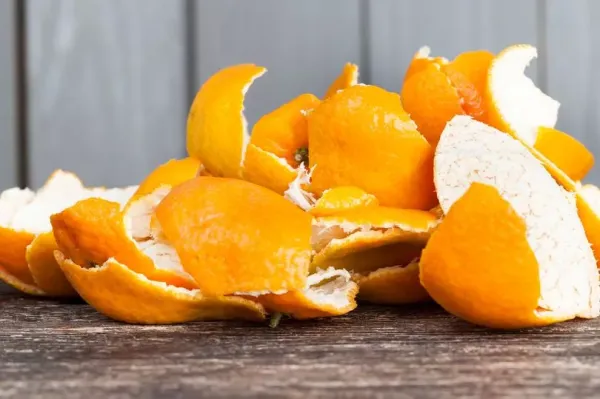
If you’re growing hydrangea this spring you might want to add this one common fruit into the soil. are one of the UK’s most popular – and for good reason.
Readily distinguished by their halo of pastel blossoms, they’re vibrant, simple to grow, and can be kept both indoors and outdoors depending on what best suits your home and needs. You can also grow them to be either pink, blue or purple in colour depending on what soil you place them in, making them incredibly versatile. So, how do you get the most out of these gorgeous flowers?
is a quintessential British pastime. Not only does it get you spending time outdoors, it can dramatically improve the appearance of your home, adding much-needed life and colour.

READ MORE:
Particularly as the days get lighter and the weather begins to warm, many of us are taking up a bit of . In fact, an estimated 30 million Brits engage in the activity, making it one of the nation’s most popular hobbies.
The benefits of growing your own garden are massive. Not only is it a brilliant way to get outside and soak up some much-needed vitamin C, being in nature can actually boost your mental health and immune system.
Hydrangeas remain a popular choice for UK gardeners because they are well-suited to the British climate. They grow well in shady conditions and moist well-drained soil.
The one problem with British weather is that the winters tend to be long and dreary. Cold weather, harsh winds and heavy rainfall can leave your lawns in disrepair.
Equally, after a long winter, you may find your garden overrun by weeds. Weeds leach vital nutrients from the soil, which can damage your other plants.
While compost can provide a viable solution to keeping your hydrangeas healthy, there are more readily available options. In fact, you probably have it lying in your fruit bowl.

As reported by , Crys Stewart is an organic horticulture specialist and founder of the Ministry of the Fence. According to her expertise, gardeners should place orange peel on their soil if they want their hydrangeas to grow.
It doesn’t matter how ripe the oranges are, either. She explained: "Whether you've got an over-ripe orange or not, either way you're probably not going to eat the rind. But orange peel is surprisingly beneficial to acid-soil-loving plants.”
This is because these flowers flourish in acidic soil, preferably of a pH 5.5 or lower. It’s important to bear this in mind as growing plants in the wrong kind of soil can lead to structural damage.
If you have orange juice lying around, that can also be a good option for hydrangeas. This is because it also contains a high level of acidity.